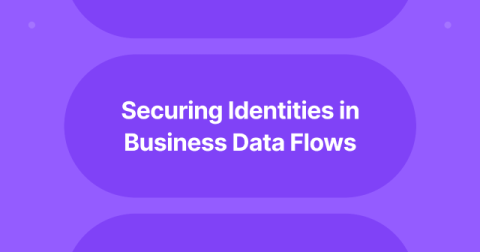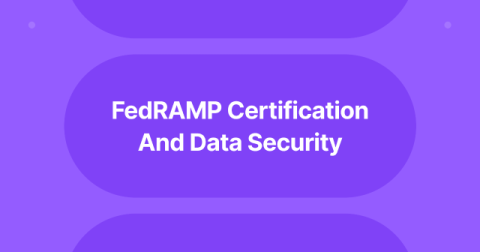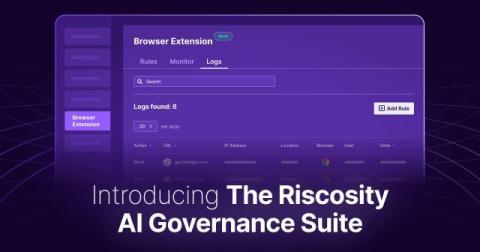Securing Identities in Business Data Flows
In today’s business ecosystem, data exchanges are critical for operations. From APIs to FTP connections, Electronic Data Interchange (EDI), and Virtual Desktop Infrastructure (VDI), data transfers happen continually, each using specific protocols and requiring authentication to ensure security and confidentiality. These interactions rely on a vast array of identities, keys, and credentials that need consistent management and periodic rotation to maintain security.











